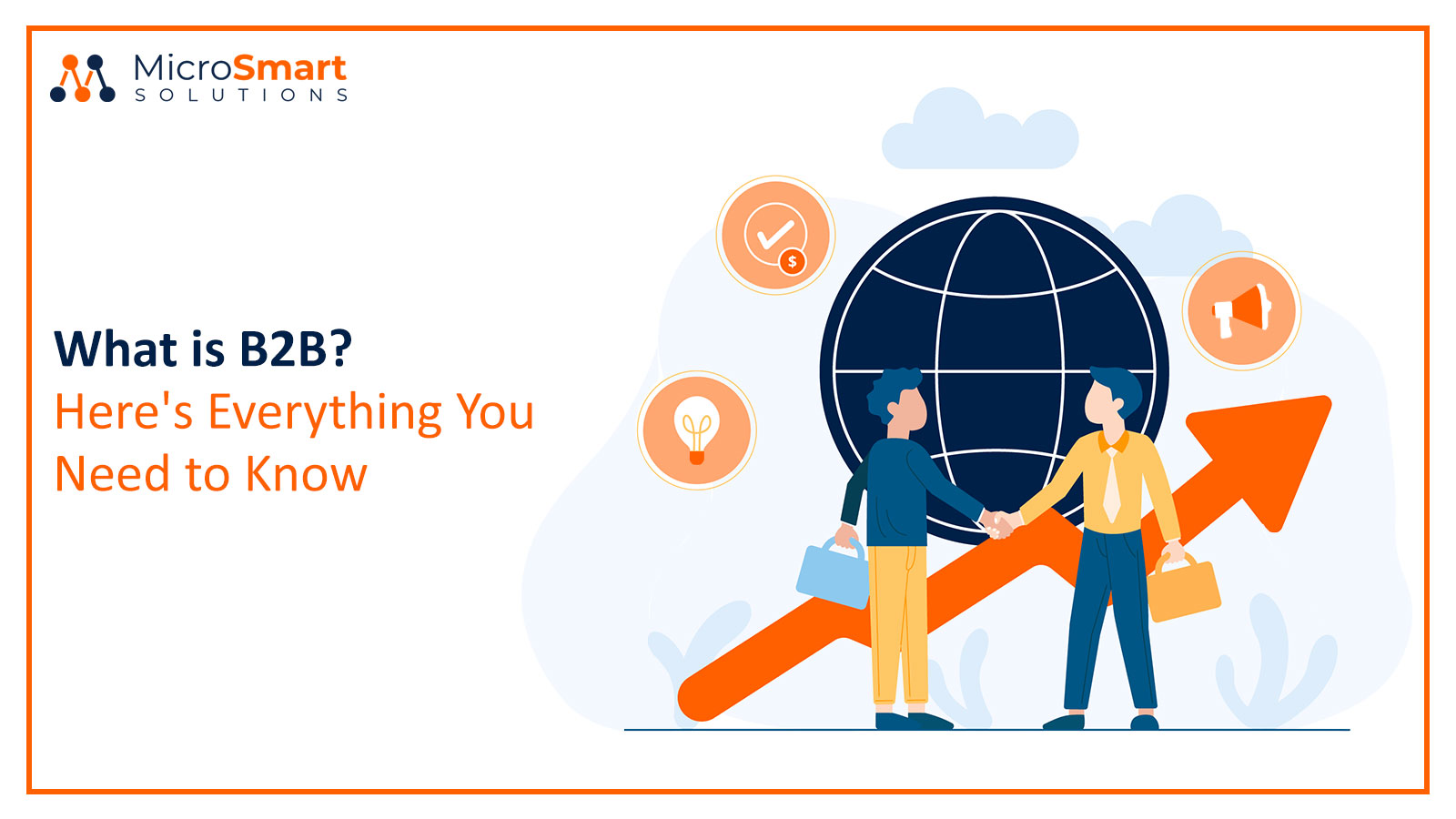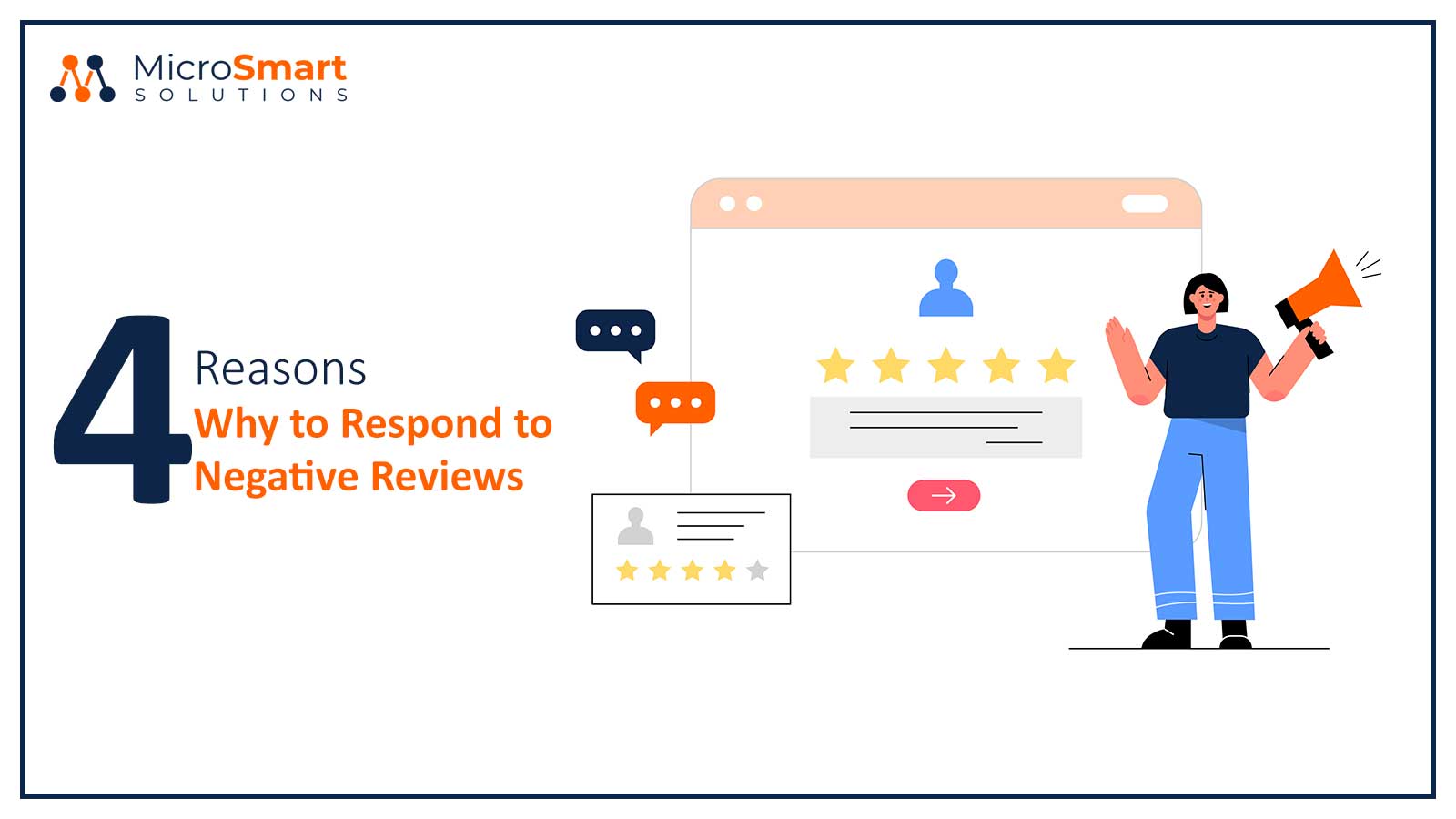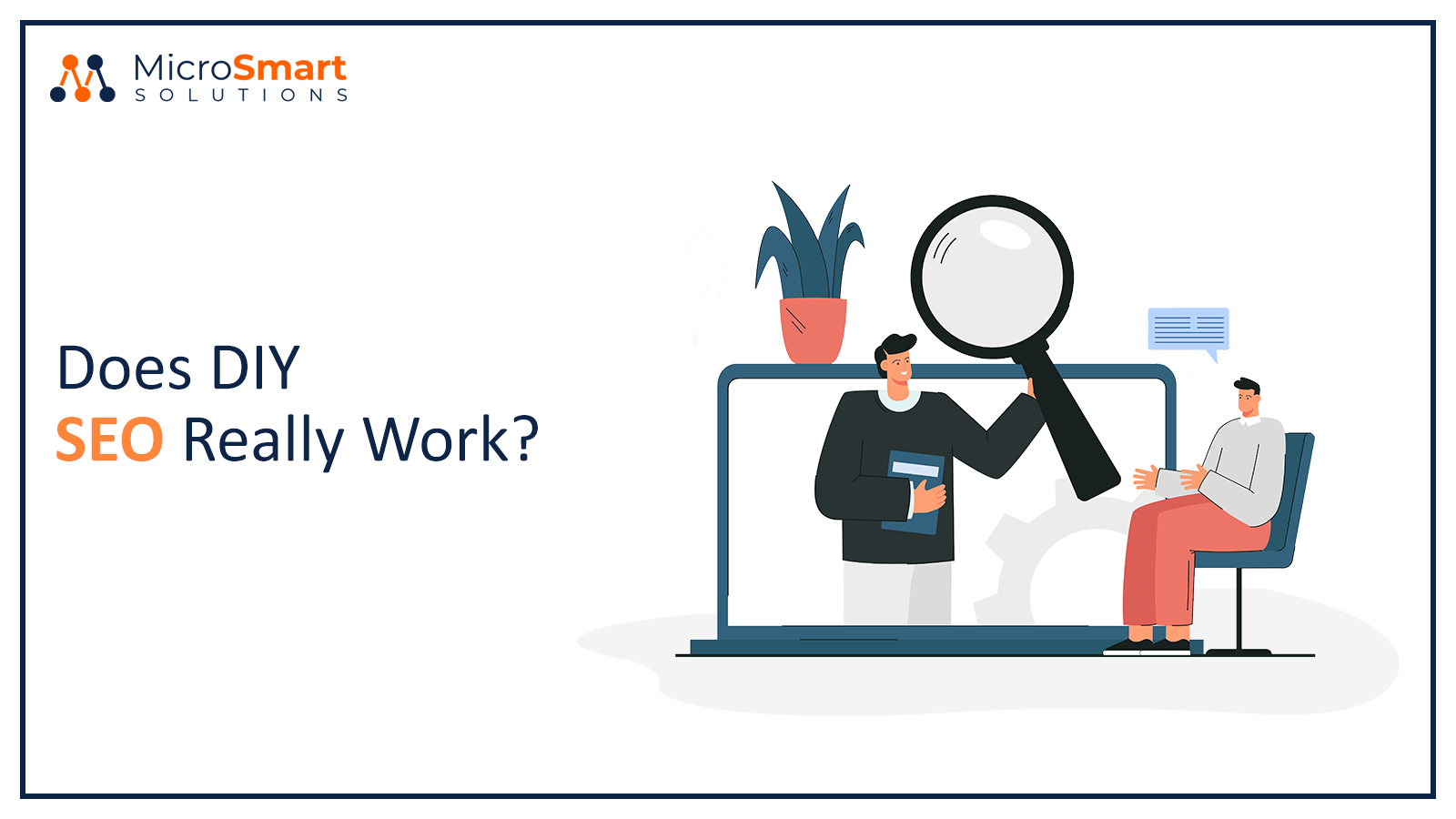Official Blog
What is B2B? Here’s Everything You Need to Know
 Business-to-business (B2B) e-commerce is the exchange of products, services, or information between companies instead of between consumers and businesses (B2C). Business-to-business transactions occur between companies, such as wholesalers and retailers online. A majority of B2B business models provide some benefit for each organization, and the negotiating power of the organizations is usually the same.
Business-to-business (B2B) e-commerce is the exchange of products, services, or information between companies instead of between consumers and businesses (B2C). Business-to-business transactions occur between companies, such as wholesalers and retailers online. A majority of B2B business models provide some benefit for each organization, and the negotiating power of the organizations is usually the same.
According to Grand View Research, global B2B e-commerce is expected to reach $20.9 trillion by 2027, representing a CAGR of 17.5% during the forecast period (2020-2027). Additionally, we will learn more in this article about B2B in detail and find out why it’s so important to businesses in the present as well as in the future.
How B2B work?
B2B refers to the sale of products or services by one business to another business. A group or department typically uses the vendor’s products. Some B2B transactions involve the entire company’s use of products, such as furniture, computers, and productivity software. Occasionally, a single buyer makes a transaction to support the company’s business goals.
A buying committee handles the selection of larger or more complex products, including:
- An employee who makes business decisions, such as a budgetary supervisor;
- A technical decision-maker evaluates a product’s capabilities;
- Influencers, such as those who contribute their input.
Buying large quantities might require a request for proposals, which requires prospective vendors to submit details about their products and prices.
Different Categories of Websites Conduct B2B
- Company websites
It is important to consider B2B websites as round-the-clock mini-trade exhibits. Some companies’ B2B sites sell directly to other businesses from the B2B site. Some offer access to an exclusive extranet, which is only available to customers.
- Product Supply and Procurement Exchanges
Through these exchanges, a company’s purchasing agent can bid on products, request proposals, and discuss supplies with multiple vendors. Some e-procurement sites cater to a wide range of industries, while others favor niche markets.
- Industry-Specific Portals
These portals provide specific business information, product listings, discussion groups, and more. They may also support buying and selling but have a broader purpose than procurement sites.
- Brokering Sites
Services like equipment leasing are offered through these sites, which act as an intermediary between service providers and customers.
- Informational Sites
This type of website provides information about a particular industry for companies and their employees. Trade and industry standards organizations and specialized search sites.
It is common for B2B sites to fall into more than one of these categories. There is still room for improvement, however, when it comes to business-to-business websites. B2B enterprises can also contain tools, templates, databases, methodologies, and transaction software that allow them to build B2B websites.
B2B: Why it is Important?
The importance of B2B lies in the fact that every business needs to purchase products and services from other businesses in order to operate, grow, and launch.
Office space, furniture, computer hardware, and software are among the goods and services a company’s B2B suppliers provide. Companies purchase the food they stock in their kitchens and the signs they display on their buildings.
B2B has the following benefits:
- Size of the average deal is large
Compared to B2C companies, which may require thousands or even millions of sales to grow sales, B2B companies can grow sales with a smaller number of high-value deals. Compared to B2C sales, B2B companies tend to buy and sell in bulk, so the average B2B transaction is $491, while B2C sales are $147.
- Cost of switching is higher
The likelihood of B2B customer loyalty increases if the product or service is satisfactory. The churn rate for B2C customers can be high due to their finickiness and non-loyalty.
- Market potential is large
There are many industries and geographies where B2B companies can target enterprises, creating a wide playing field. Alternatively, they can specialize in one industry, such as technology, and become leaders in that field.
- Deliveries are faster
In addition to making the sales process more efficient for sellers, B2B e-commerce tools also make the process faster for buyers. The integrated systems enable companies to synchronize data across channels, automate fulfillment and inventory updates, and manage complicated orders efficiently.
- Manage orders with built-in features
E-commerce platforms based in the cloud are easy to integrate with back-end systems and order management systems. Using this technology, B2B sellers are able to synchronize customer data and order inventory across every channel
Types of B2B companies
B2B companies include the following types:
Producers
They create, manufacture, and design their own products. It is possible for producers to sell their products directly to businesses or indirectly through retailers or resellers.
Retailers and resellers
They provide businesses with products and services provided by other companies. A retailer or reseller may sell online, through physical stores, or both, including B2B sellers.
Agencies and consultants
They provide businesses with advice, oversight, and subcontracting work. It is the responsibility of a website agency to design and build a brand’s website and mobile app.
Final Words
All in all, these are important things that B2B users ought to know. There are a lot of benefits to this method, and this market sector will continue to flourish in the future.









Leave a reply